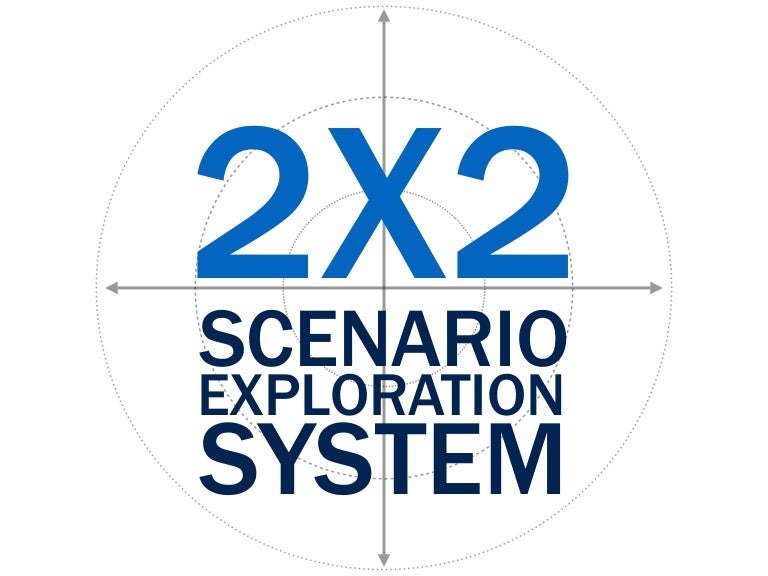
There is a growing connection between a small research area in the business school literature called “futures studies” (wherein forecasting, scenario planning, etc.) and STS. Early thinkers in (what is now) this area are folks like Toffler; you might remember his books Future Shock or the Third Wave. In the link to STS, foundational thinkers that readers might recall are folks like Cynthia Selin (who I wrote about back in 2011).
Since then, I spent some time reading in “the sociology of the future” and we had a guest that spoke about forecasting (related to weather, Phaedra Daipha), although we have had some other perspectives, namely, some commentary about the future and rubbish.
Well, inspired by this, I started writing with a colleague at Roskilde University (Denmark) named Matthew Spaniol. Our first paper linked STS and futures studies through the notion of multiplicity in “The Future Multiple.” Our new paper, which is nearly out now, deepens this linkage, drawing upon some STS insights to address issues voiced from within futures studies about scenario planning, a process that unfolds, in the standard account, through a series of stages, phases, and steps. We offer a much more tentative understand of that process in “Social Foundations of Scenario Planning.”
Continue reading →




You must be logged in to post a comment.